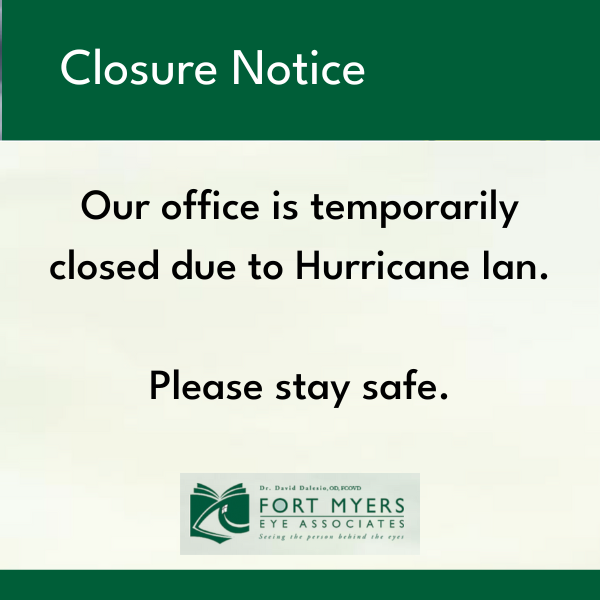To read words, you must first be able to “see” them. That seems obvious, right? If your child is having trouble reading, the first step is to figure out what they are actually seeing when they look at words and sentences. Reading involves seeing and decoding words (phonics) or recognizing words when you see them (“sight words”).
Reading comprehension, on the other hand, involves making meaning out of the sentences. How can a child analyze and comprehend a sentence if he can’t accurately see the letters and words? The first step in figuring out why your child is having trouble reading is to rule out a vision issue.
Many vision disorders in children can go undetected or, worse yet, may be misdiagnosed as ADHD, dyslexia, a learning disability, or a behavioral problem.
Children’s reading problems may stem from a combination of problems rather than one single issue. A child’s vision can often be overlooked as the main contributor to reading difficulties.
Your child may not even complain about their vision. If they’ve always seen the words “jump” on the page, or they’ve always seen a halo or shadow around words, how would they know that’s not how EVERYONE sees?
They think it’s “normal” because that’s how they’ve always seen print on a page. They may have even passed a school vision screening. However, school screenings perform less than 4% of comprehensive vision and eye tests and these screenings can miss as much as 75% of potential vision issues in children.
So, how can you tell if your child is struggling because of a vision issue? We’re here to help.
What Skills Do Kids Need to Read & Learn?
Every child needs the following vision skills for effective reading and learning:
- Visual acuity: the ability to see clearly in the distance for viewing the whiteboard, at an intermediate distance for the computer, & up close for reading a book
- Eye focusing: the ability to quickly & accurately maintain clear vision as the distance from objects changes, such as looking from the whiteboard to a paper on the desk
- Eye tracking: the ability to keep the eyes on target when looking from one object to another, such as moving the eyes along a printed page or following a moving object like a thrown ball
- Eye teaming: the ability to coordinate & use both eyes together when moving the eyes along a printed page & to be able to judge distances & see depth for classwork/sports
- Hand-eye coordination: the ability to use visual information to monitor & direct the hands when drawing a picture or trying to hit a ball
- Visual perception: the ability to organize images on a printed page into letters, words, & ideas, as well as to understand/remember what is read
How Can I Tell if My Child has a Vision Problem?
Some common signs and symptoms of a vision issue in kids include:
- They claim to “hate reading”
- They say they’re seeing double
- They complain about words moving on the page
- They say the words are blurry
- They frequently write letters backward
- They forget how to spell properly
- They complain of headaches after school
While these signs and symptoms can be attributed to other learning disorders, it’s important to recognize these are very common signs and symptoms of a vision disorder. In any case, you should take your child to see an eye doctor.

Understanding Your Child’s Visual Problem
Undiagnosed vision problems can be a major contributing factor to a child’s difficulty in learning. 80% of learning is visual, so ensuring your child can see properly is extremely important to their academic success.
Convergence is the coordinated movement and focus of both eyes on close-up objects, like books or phones. Convergence insufficiency is a common eye-teaming disorder that can make text appear “double” or create a halo effect around text when reading.
Eye tracking refers to our eyes’ ability to follow a focus point, like a line of print. Problems with eye tracking (oculomotor dysfunction) occur when a developmental delay or visual system issue interferes with our brain’s ability to coordinate our eyes to fixate, follow, and move from point to point.
Poor binocular vision refers to the eye’s inability to blend images from both eyes into a single image in the brain. Double vision can sometimes occur when the eyes aren’t properly blending both images together.
Accommodation problems occur when you have a decreased ability to maintain clear vision when changing focus between distance and close vision.
Problems with visual information processing refer to poor visual memory, reduced visual form perception, and difficulties with visualization skills.
There are a number of reasons your child may be struggling with their reading and learning, but checking for undiagnosed vision problems should be your very first step. We can help.
Other Reasons Your Child is Struggling to Read
If your child doesn’t have a visual issue, they could be struggling with their learning due to:
- Auditory (hearing) processing problems
- Speech and language disorders
- Developmental disabilities
- Dyslexia (many types)
- ADHD (attention deficit hyperactivity disorder)
There are many other factors that can contribute to learning issues in kids. The best thing you can do is talk to your child and doctor to determine what is going on and the best course of treatment.
What Can I Do?
The first step you can take today is to book your child a comprehensive eye exam with our team. We can determine if your child has vision issues that need treatment. Contact us today to learn more.





